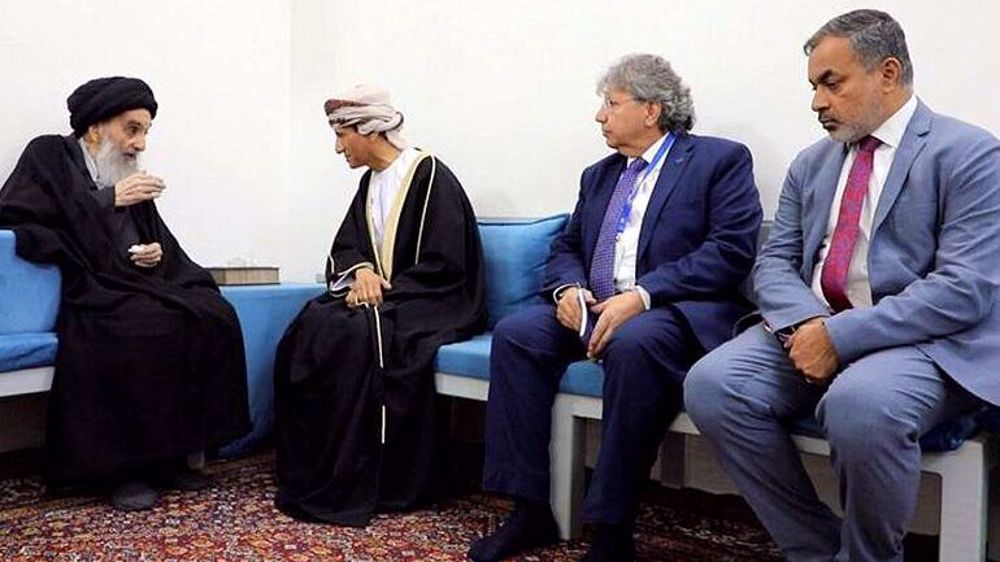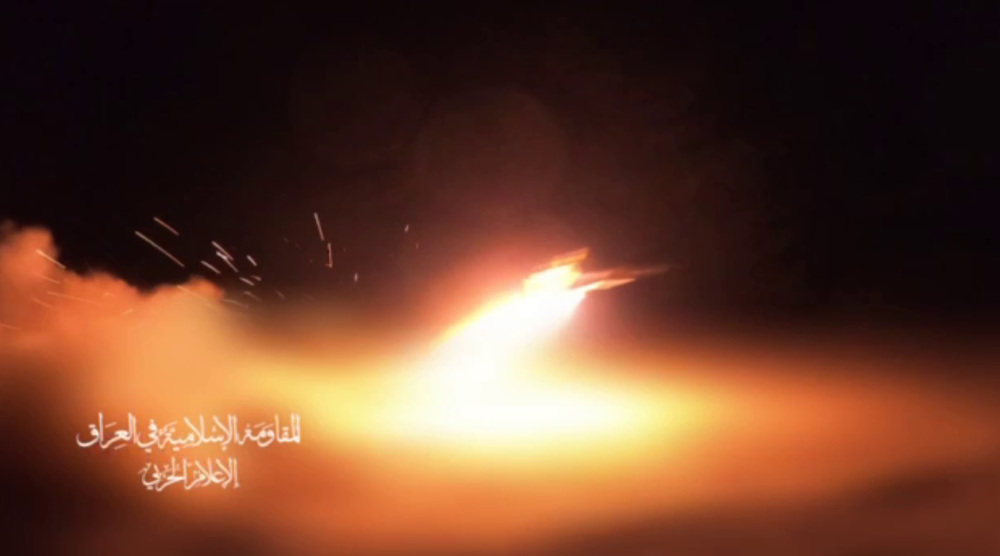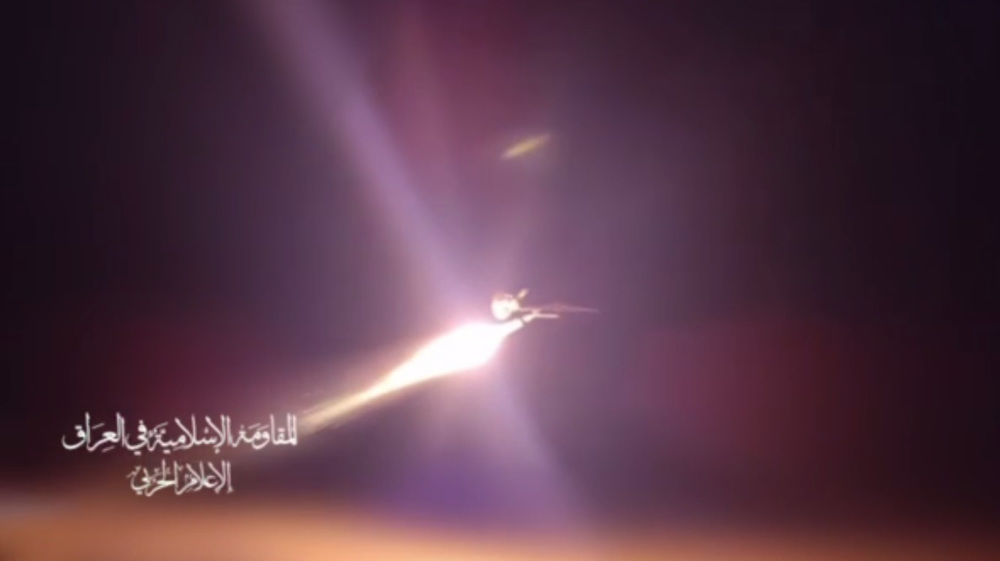Turkish, Iraqi businessmen fund Daesh by buying oil: Turkish politician
Some Turkish and Iraqi businessmen have been involved in financing the Daesh terrorist group by buying oil from it in the black market, a senior Turkish politician says.
“There is information that 27 Turkish and Iraqi businessmen are directly involved in this trade. Iraq's central government has taken a number of measures” to prevent it, Russia's Sputnik news agency quoted Mehmet Ali Ediboğlu, the former deputy of the Turkish opposition Republican People's Party (CHP), as saying on Monday.
Ediboğlu added that the businessmen include people close to Iraq’s Kurdistan Regional Government (KRG).
Back in 2014, David Cohen, the then US Treasury under-secretary for terrorism and financial intelligence, said middlemen from Turkey and the KRG purchased oil from Daesh terrorists.
According to Ediboğlu, Daesh’s main source of income is the sale of oil extracted from the fields it has captured since last year. Reports say the Takfiris control nearly a dozen oil fields in northern Iraq as well as Syria’s Raqqa province.
The oil is transferred to the Mediterranean Sea from Turkey and then transported to the other parts of the world, the former Turkish lawmaker noted.
“There is evidence that the oil revenues amounted to USD 800 million [per year], later this amount increased to 1-2 billion dollars,” he said.
Ediboğlu also stressed that the Turkish government indirectly assists Daesh terrorists by selling weapons to Syria’s militant groups which Ankara deems 'reasonable'.
According to the politician, these groups are later forced by Daesh to sell their arms to the extremists.

Daesh finances its acts of terror mainly through drug trafficking, the sale of oil and antiquities, and ransom from abductions. Furthermore, reports indicate that wealthy individuals in the Persian Gulf region have raised major funds for the terror group.
A UN report published last November stated that Daesh makes approximately USD 96,000 to USD 123,000 per day from ransom payments.
The UN Security Council in February adopted a Russian-drafted resolution in a bid to cut funding to Daesh, the al-Qaeda-affiliated al-Nusra Front based in Syria and other al-Qaeda-linked groups.
The resolution urges countries not to buy oil or antiquities from the terrorists and refrain from paying them ransoms. It also stipulates that if any individual or state is involved in such activities with the terrorists, they must be charged as accomplices of the Daesh.
The Takfiri terrorists, who have seized swathes of land in Iraq and Syria, have also extended their terror activities to other countries, including Libya. They are engaged in crimes against humanity in the areas under their control.
VIDEO | Press TV's news headlines
Iranian satellites launched into space as private sector debuts in space industry
VIDEO | Iran, Azerbaijan conduct joint maritime rescue operations
VIDEO | Yemen’s Red Sea divide: Naval forces block Israeli-linked ships in strategic ‘parting of the water’
VIDEO | Southern Gaza: Israel’s facade for famine and suffering
VIDEO | IOF hampering humanitarian aid
VIDEO | Sharmahd: Justice Done
Iran repeatedly warned Israel not to test its will: FM










 This makes it easy to access the Press TV website
This makes it easy to access the Press TV website